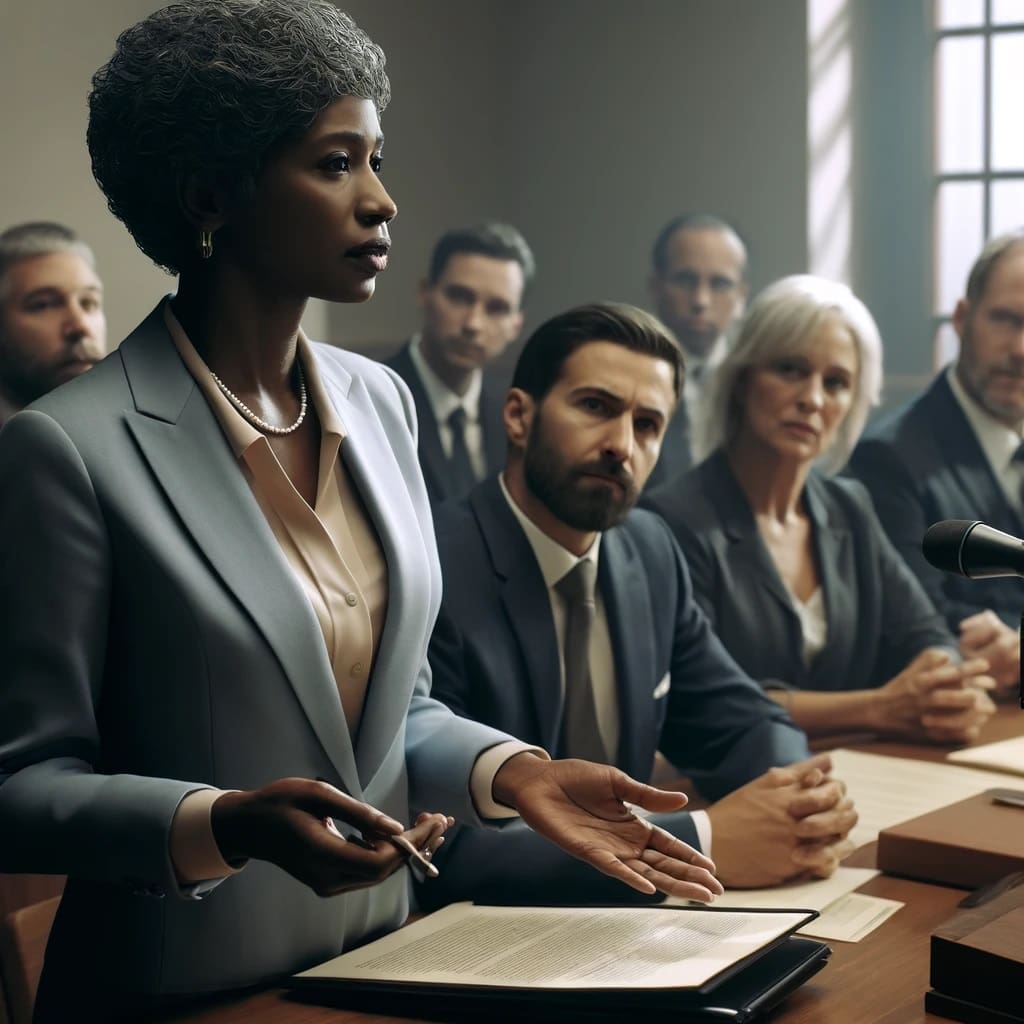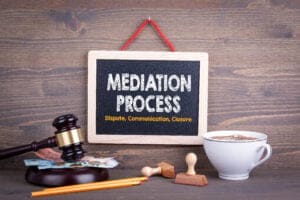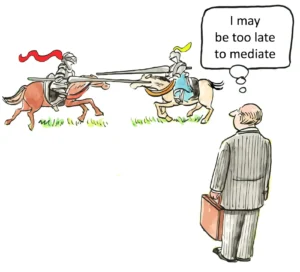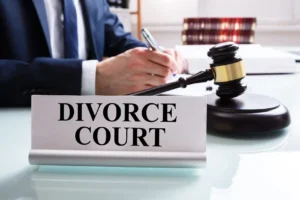Mastering the Allen Charge: A Strategic Guide for Legal Professionals
The Allen Charge, sometimes referred to as the dynamite charge, plays a pivotal role in the United States legal system. It’s a specific jury instruction intended to prevent deadlocks by urging jurors to reconsider their positions and reach a unanimous decision. Given its profound impact on jury deliberations, it’s imperative that legal professionals fully understand both its application and the ethical considerations surrounding its use.
In the judicial process, the use of an Allen Charge is reserved for moments when a jury is unable to agree upon a verdict after extended deliberations. This instruction is not merely procedural but serves as a critical tool for judges aiming to avoid mistrials due to a hung jury. However, its deployment must be handled with utmost caution to avoid swaying the jury too forcefully.
Historical Background and Legal Standing
The Allen Charge derives its name from the 1896 Supreme Court case, Allen v. United States. The charge has been upheld in numerous legal challenges, yet it remains one of the most controversial instructions in juridical practice. Its legality and the specific language used can vary significantly between federal and state courts, making it essential for legal practitioners to be familiar with both their jurisdiction’s stance on the matter and its historical precedents.
Ethical and Practical Considerations
From an ethical standpoint, the Allen Charge is fraught with challenges. The primary concern is that it might coerce jurors into relinquishing deeply held convictions merely to reach a consensus. Legal experts must navigate these ethical waters carefully, balancing the need for a verdict with the imperative of maintaining jury independence and integrity.
In practical terms, when a judge issues an Allen Charge, they typically remind jurors of the importance of individual judgment while also stressing the need for compromise where possible. The instruction encourages those in the minority to reconsider their views if they find that their doubts are unreasonable compared to the majority’s.
Strategies for Implementing the Allen Charge
For attorneys, understanding when and how to advocate for an Allen Charge can be crucial. They might suggest it to a judge when it seems that a jury is close to a decision but just needs a slight nudge to reach unanimity. However, proposing such a charge requires a delicate approach to ensure it is seen as a means to aid deliberation rather than as a tactic to force a decision.
Moreover, preparation for an Allen Charge involves not only legal acumen but also a deep understanding of jury psychology. Attorneys must assess the dynamics within the jury and anticipate how they might react to such an instruction. This assessment involves observing juror interactions, their questions during the trial, and their demeanor during deliberations.
Repercussions and Legal Outcomes
The implications of an Allen Charge are significant. While it can lead to a verdict where one might not otherwise be reached, it also has the potential to be challenged on appeal. Legal practitioners must therefore meticulously document the circumstances and manner in which the charge was given to defend against potential appeals claiming juror coercion.
Conclusion
In conclusion, the Allen Charge remains a powerful but contentious tool within the legal community. Its effective use requires a blend of legal knowledge, ethical consideration, and strategic thinking. By fully understanding and responsibly implementing this charge, legal professionals can navigate complex jury deliberations more effectively, enhancing their ability to serve justice while respecting the rights and duties of jury members.
This expanded examination of the Allen Charge aims to provide legal professionals with a comprehensive understanding of this critical judicial tool, ensuring they are well-equipped to apply it judiciously and effectively in their practice.




















